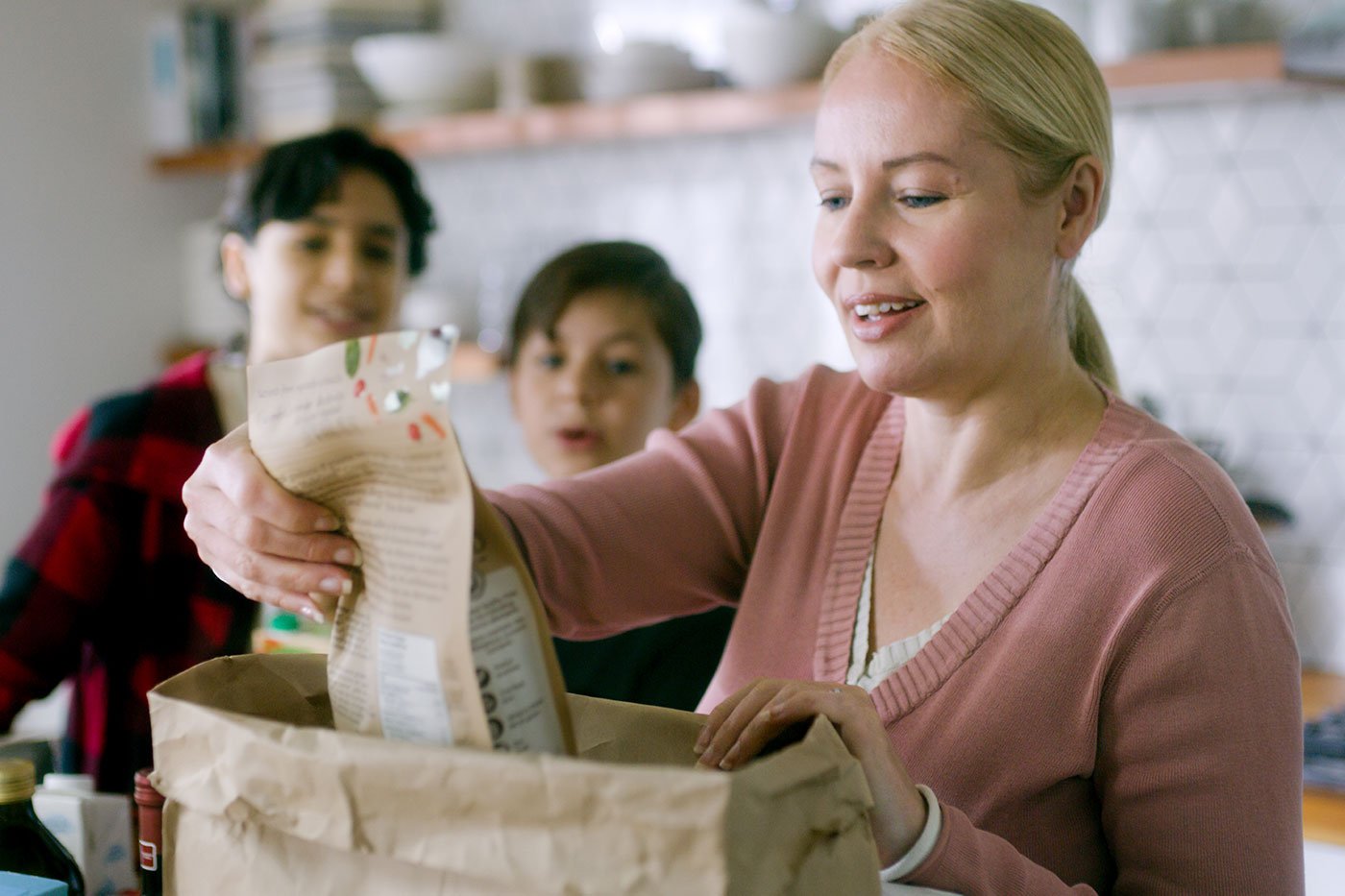New Opportunities for Customers Working with DE111® (Bacillus subtilis) in Canada
The digestive health landscape continues to be incredibly dynamic, with shifting consumer behaviors and increasing awareness of the connection between the gut and overall health and wellness, including physical, mental and emotional well-being. As such, we are pleased to share an important update with our probiotics customers and manufacturers in Canada developing microbiome-supporting food and beverage product solutions to help meet the growing demand in the health and wellness space.
In response to the voluntary health claim submission submitted to Health Canada's Food Directorate, Health Canada has issued a letter of no objection for DE111. The Food Directorate has no objection with considering Bacillus subtilis DE111®, when added to food, as a bacterial species and strain eligible to use the acceptable non-strain specific claims included in the Table of Acceptable Non-Strain Specific Claims for Probiotics.

Table of Acceptable Non-Strain Specific Claims for Probiotics (the Table), as follows:
- Probiotic that naturally forms part of the gut flora
- Provides live microorganisms that naturally form part of the gut flora
- Probiotic that contributes to healthy gut flora, and
- Provides live microorganisms that contribute to healthy gut flora.
"This is a big win for our customers in Canada, as well as for the ADM Deerland Probiotics and Enzymes portfolio, as brands that wish to include DE111® in their food products in Canada can proceed with confidence that they may make probiotic claims on the product based on the guidelines outlined by Health Canada's Food Directorate," said Dieter Neumann, Vice President, Spores and Enzymes Platform.
A spore-forming probiotic, DE111®1 is supported by numerous studies showing that it supports factors pertinent to digestive health2, regularity3 and body composition4. Plus, a groundbreaking study demonstrates that DE111® can germinate in the small intestine, as it can survive gastric transit and the harsh conditions of the stomach and bile salts5.

"DE111® retains functionality through challenging processing conditions that may otherwise damage conventional lactic acid bacteria probiotics – making it an exceptional option for food products. We're pleased to be able to provide our customers in this space with additional assurance via the No Objection letter Food Directorate for Canada to help with creating efficiencies in production as they develop these products," added Neumann.
For more information visit the ADM Deerland Probiotics website.